In the world of Dungeons & Dragons, even gods have their own hierarchy.
These are the major gods of D&D, ranked according to power.
These monsters from the official Dungeons and Dragons rulebooks are among the toughest to beat in the franchise.
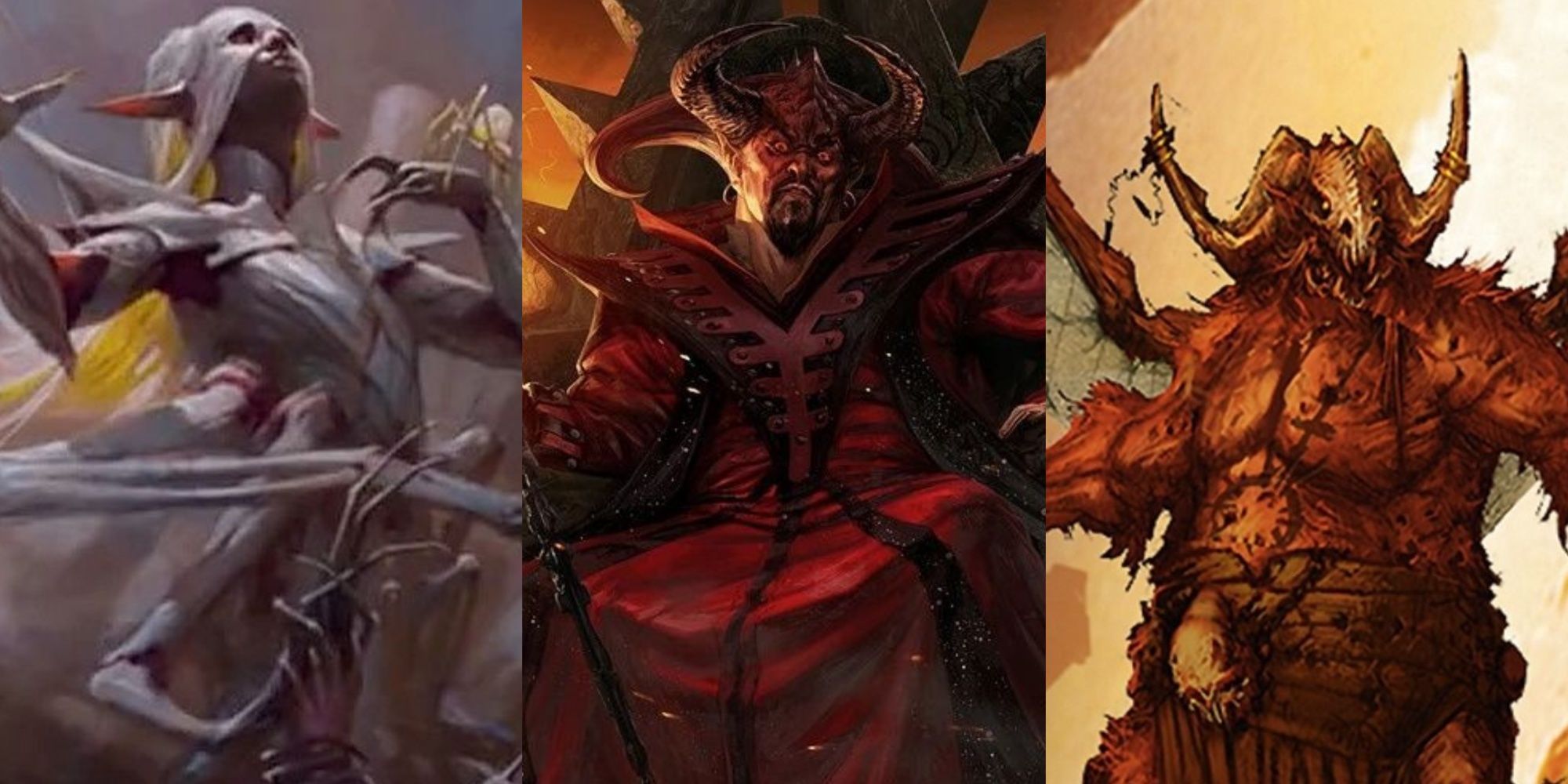
Updated on February 7, 2025, by Lucas Olah:New year, new book.
If they all die, send them our regards (and apologies).
They’re nearly always on the evil end of the alignment chart, but exceptions do exist.
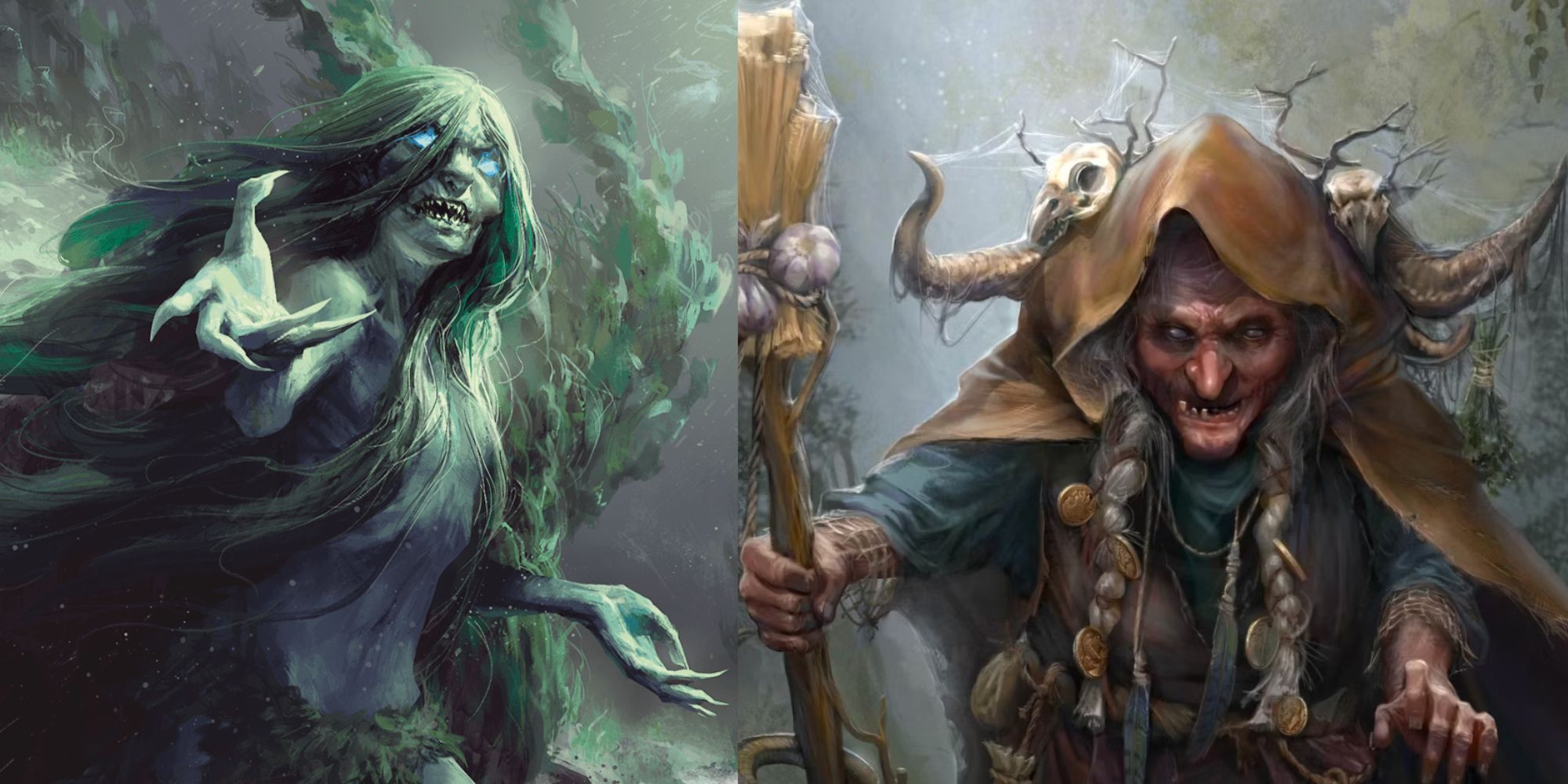
Liches received quite a few buffs with the 2025 version, so they’re quite terrifying.
Learn effective strategies for initiating an early-game Hag encounter in D&D with this guide.
Regardless, they’re fun monsters to use in combat.
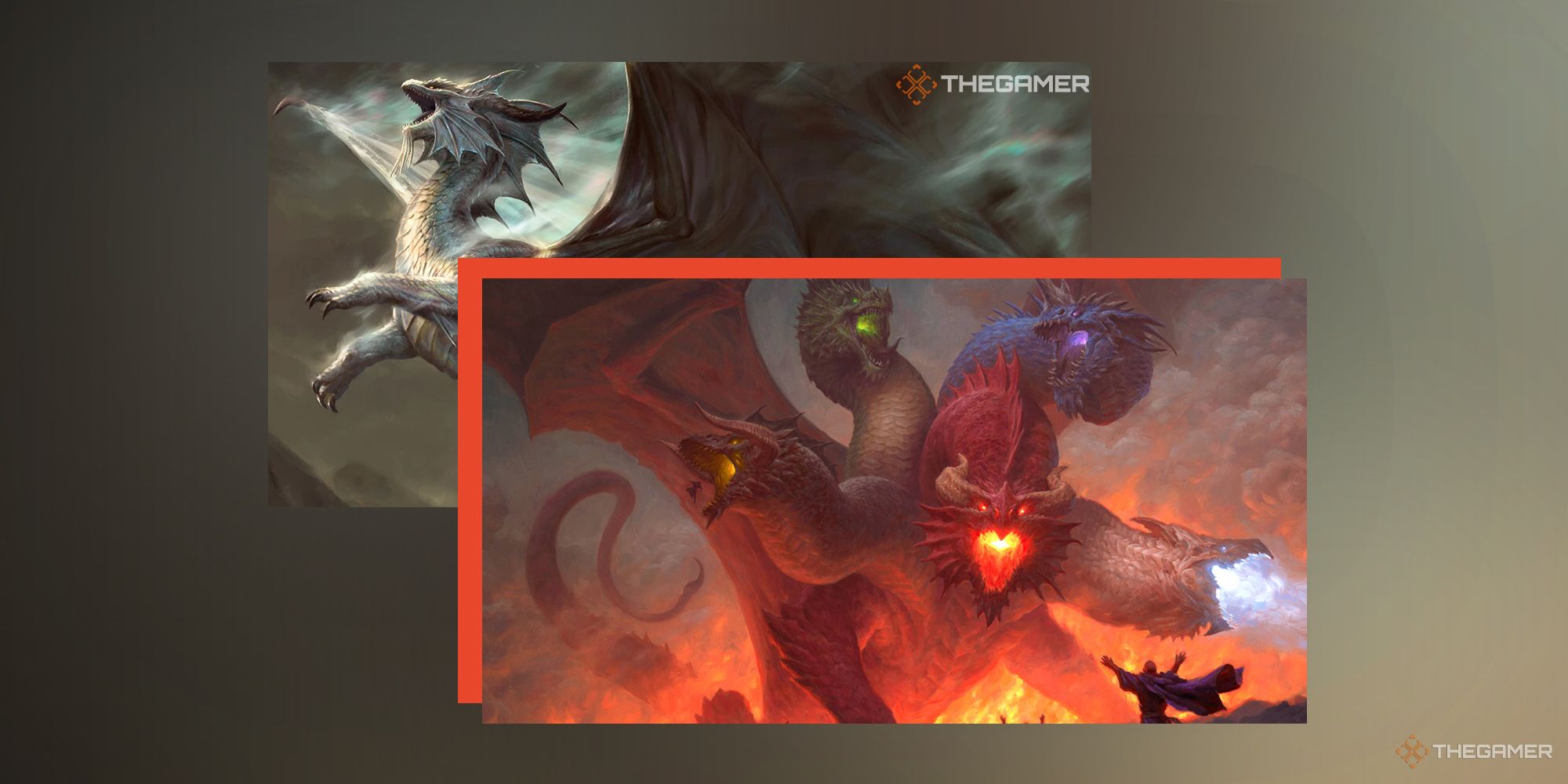
It even has some beneficial spells, such as Resurrection, making it a good ally, too.
This beast is said to measure hundreds of feet in diameter and live for millennia.
However, unlike the land-based Torterra, the Zaratan lives in the sea.
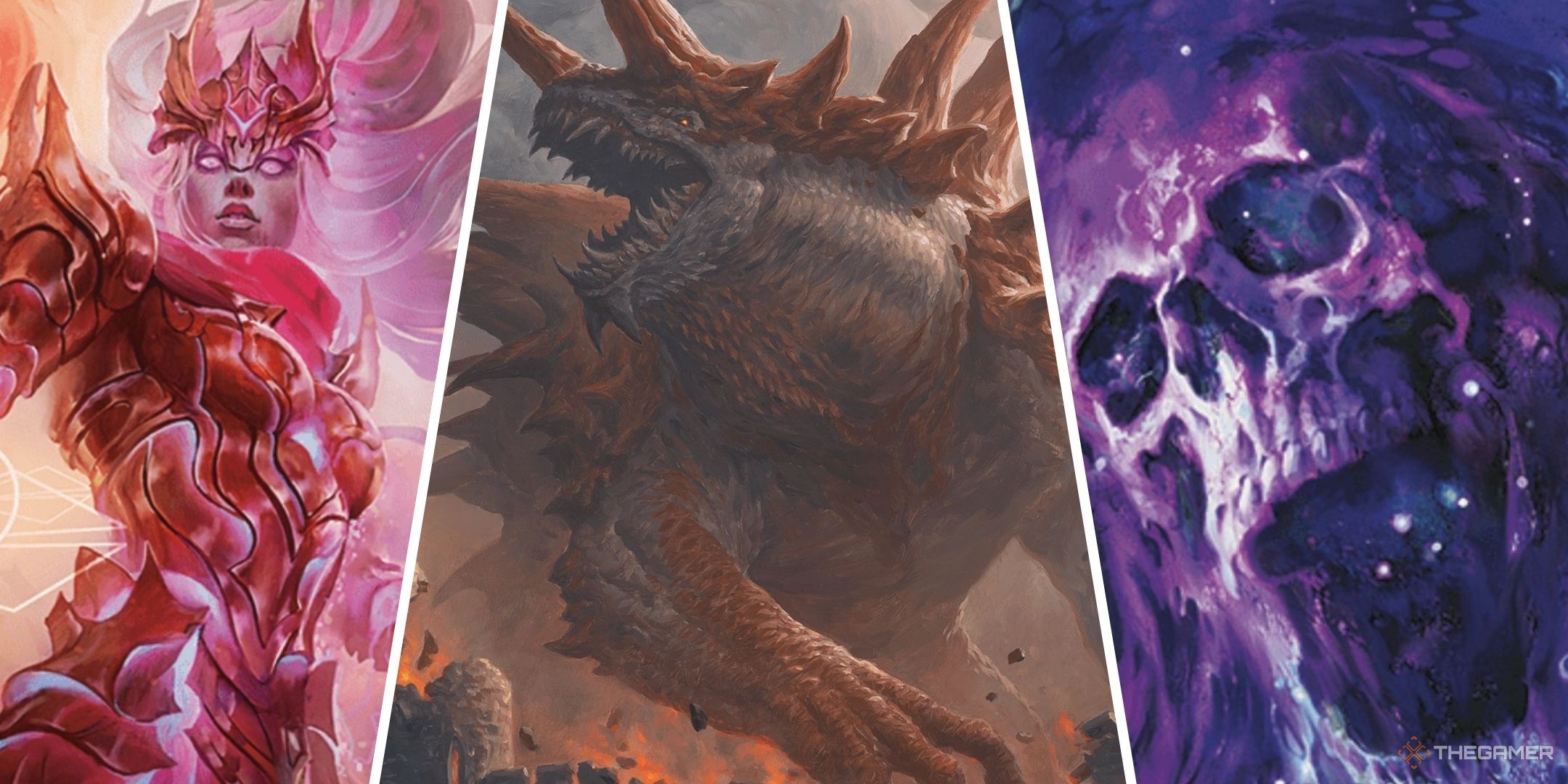
How did these dragons become gods in the first place?
They both have a challenge rating of 22.
Even though they fall on opposite ends of alignment, both these dragons are aggressive when threatened or challenged.
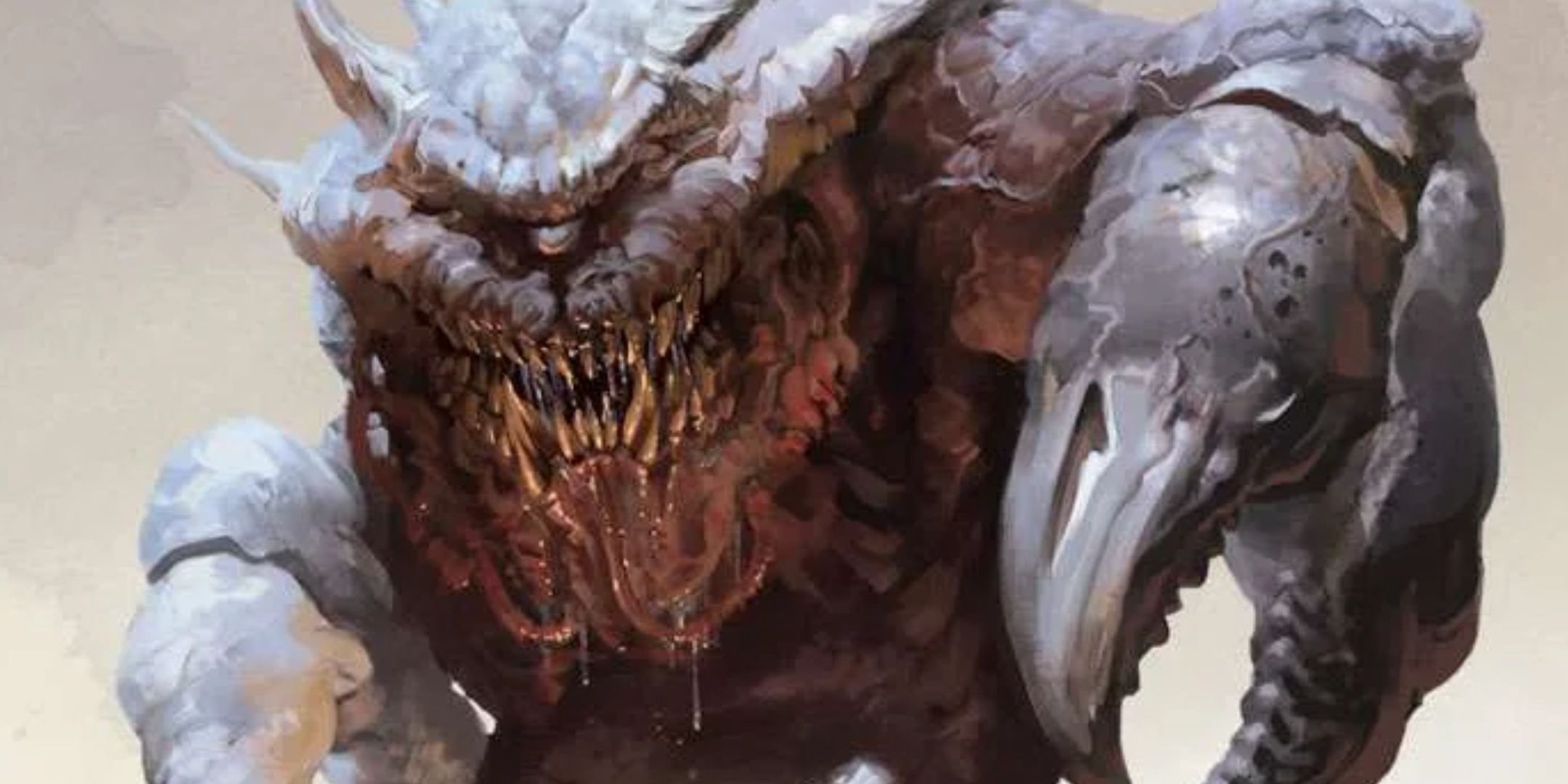
Art by Sidharth Chaturvedi
No matter where your players go, you’ve got the option to follow them with relative ease.
They would take a humanoid form and often live in the pursuit of knowledge.
When in their dragon form, silver dragons preferred to live in snowy mountains.
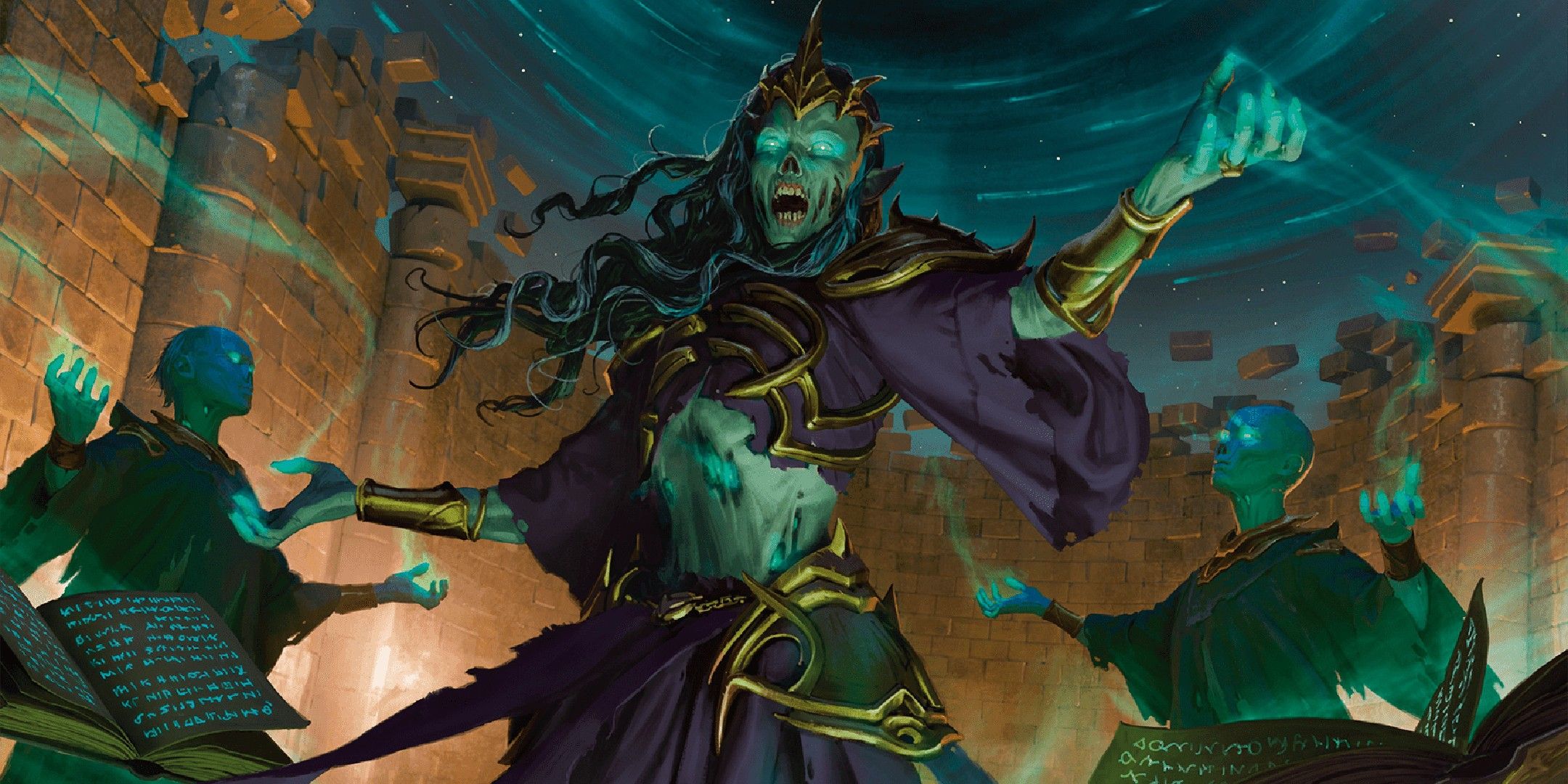
Art by Viko Menezes
Meanwhile, blue dragons often inhabited arid deserts.
Empyreans are generally on the good side of the alignment chart.
However, they can be corrupted.
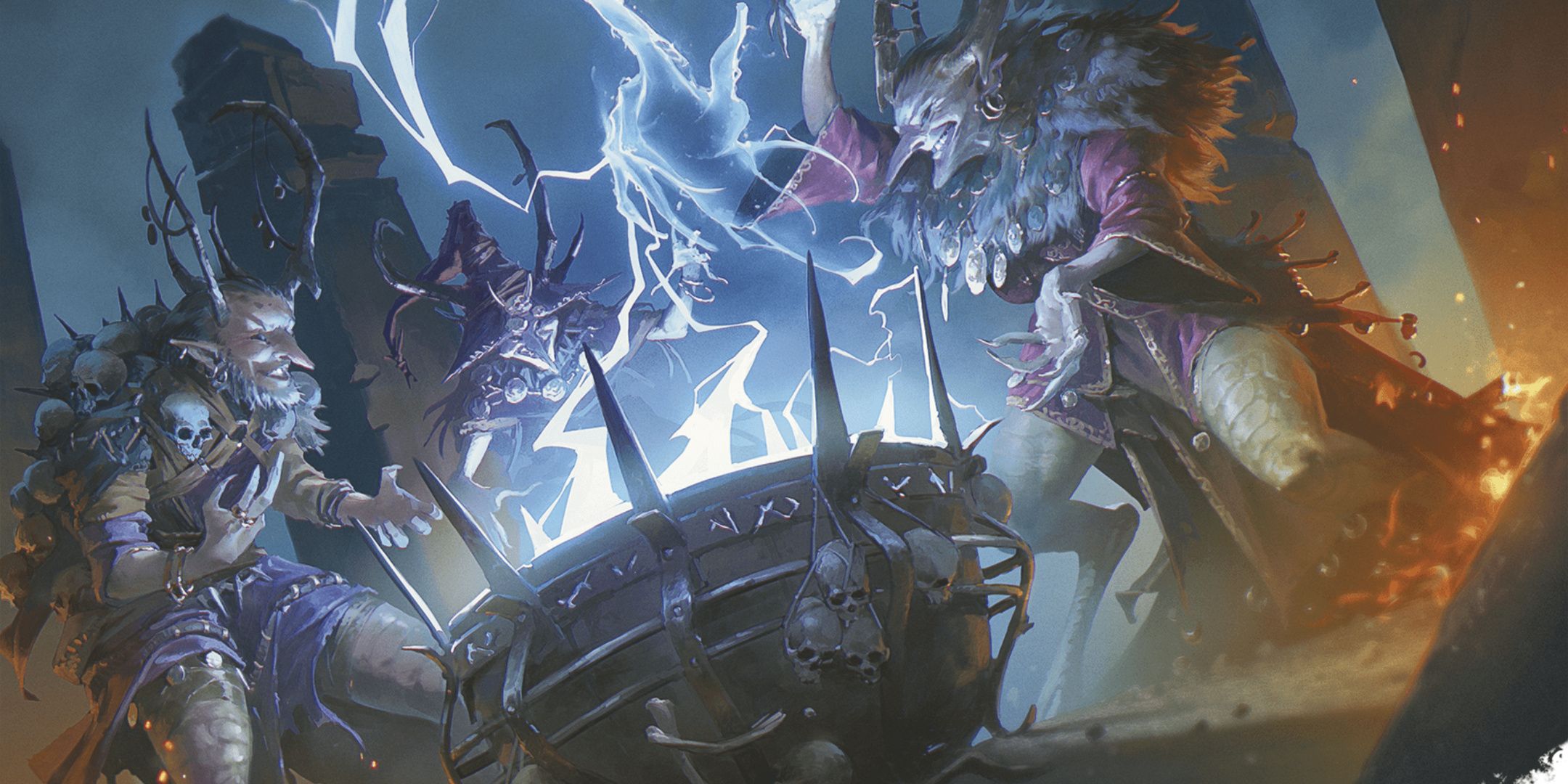
Arch-hags by Dario Jelusic
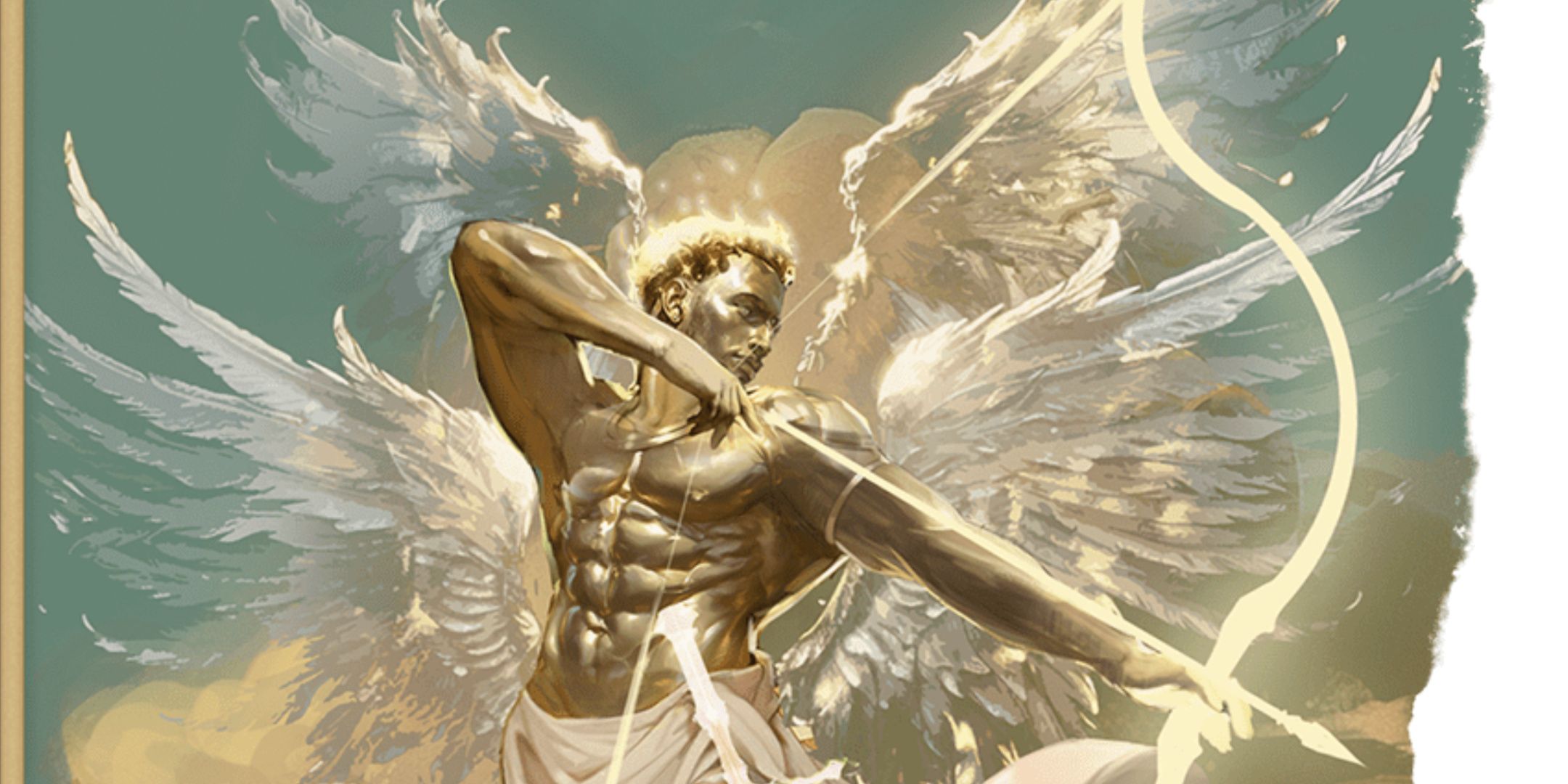
Solar by Carlo Arellano
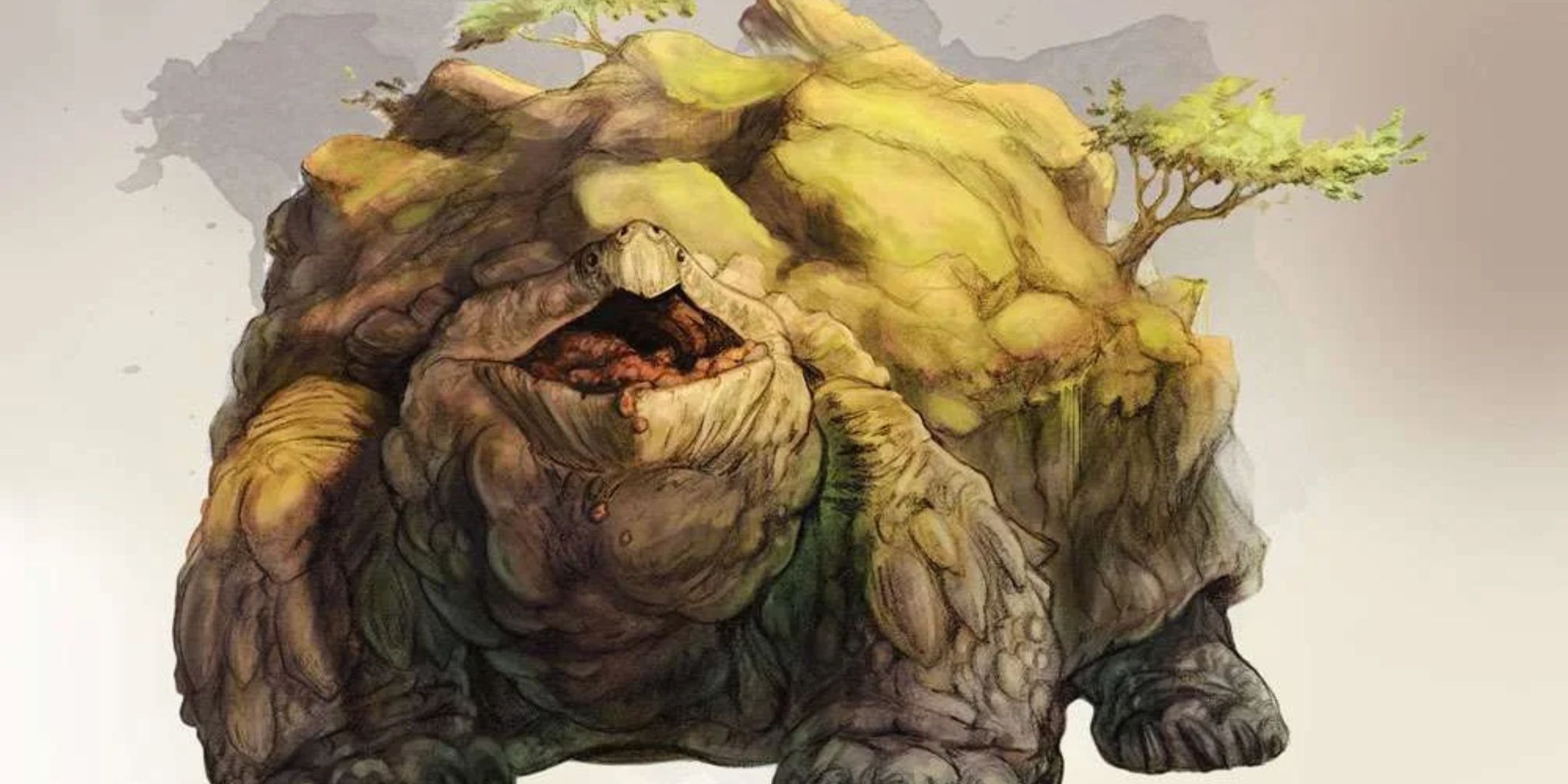
Art by Brynn Metheney
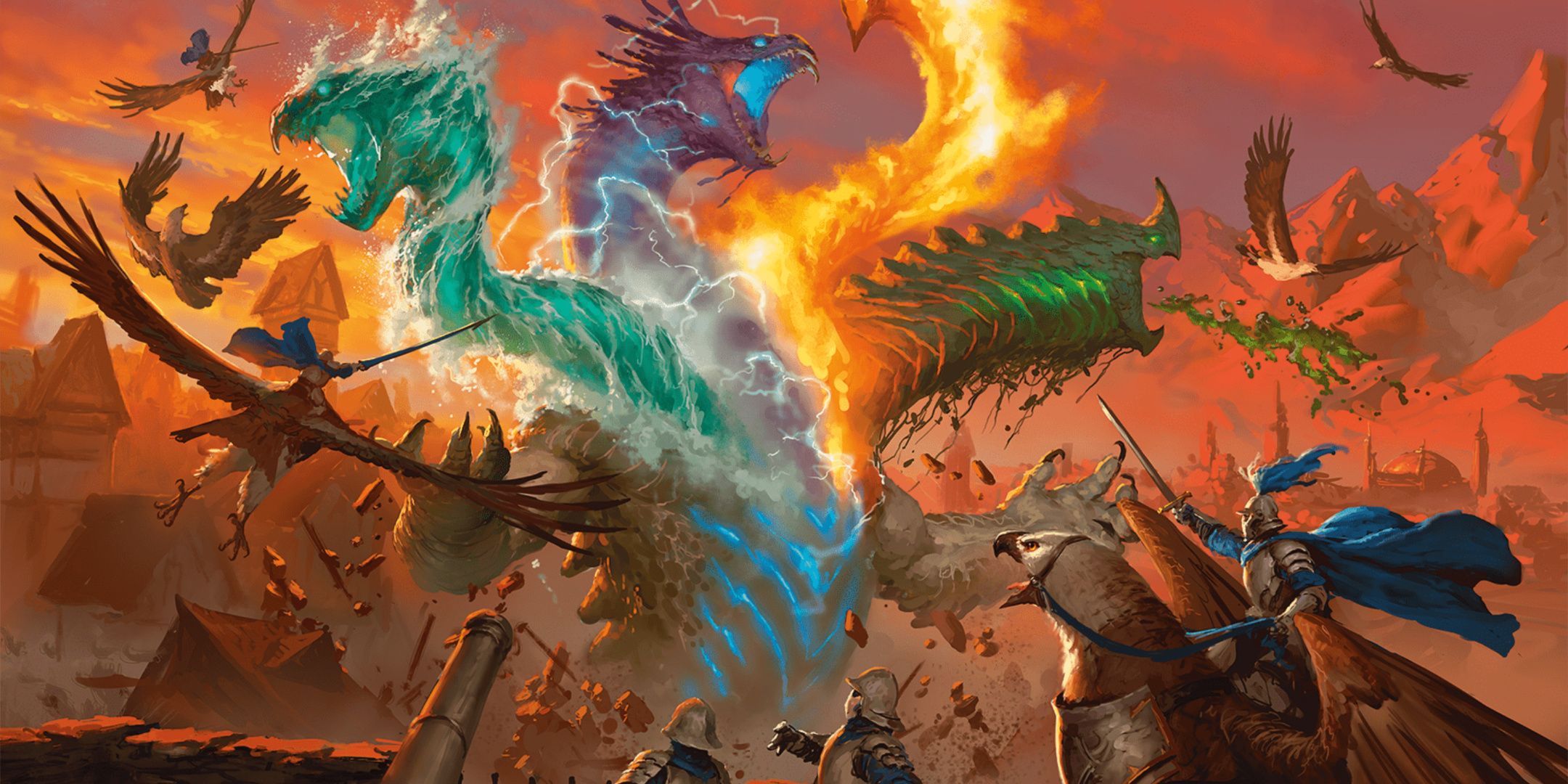
Elemental Cataclysm by Johan Grenier
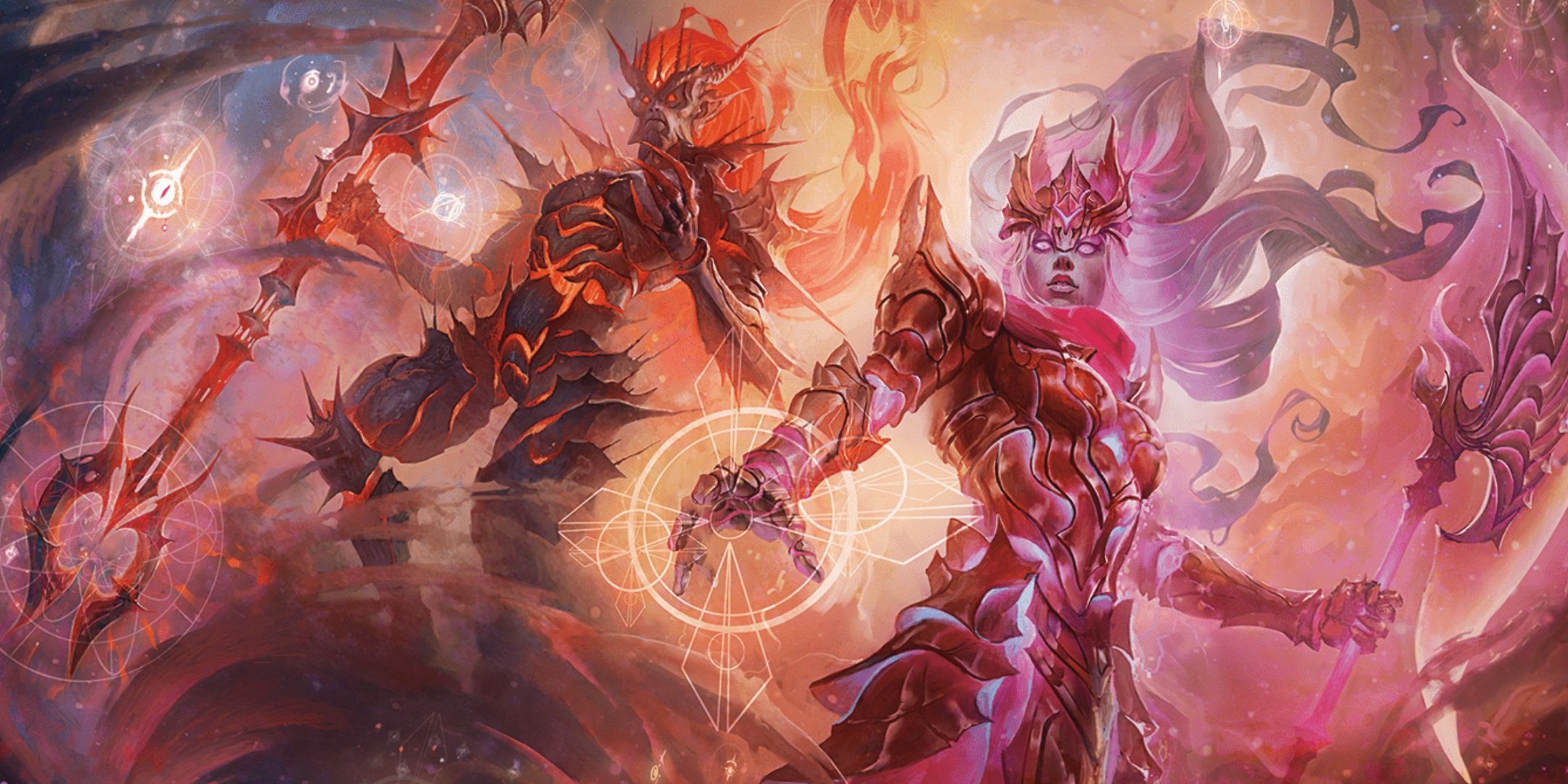
Art by Néstor Ossandón Leal

